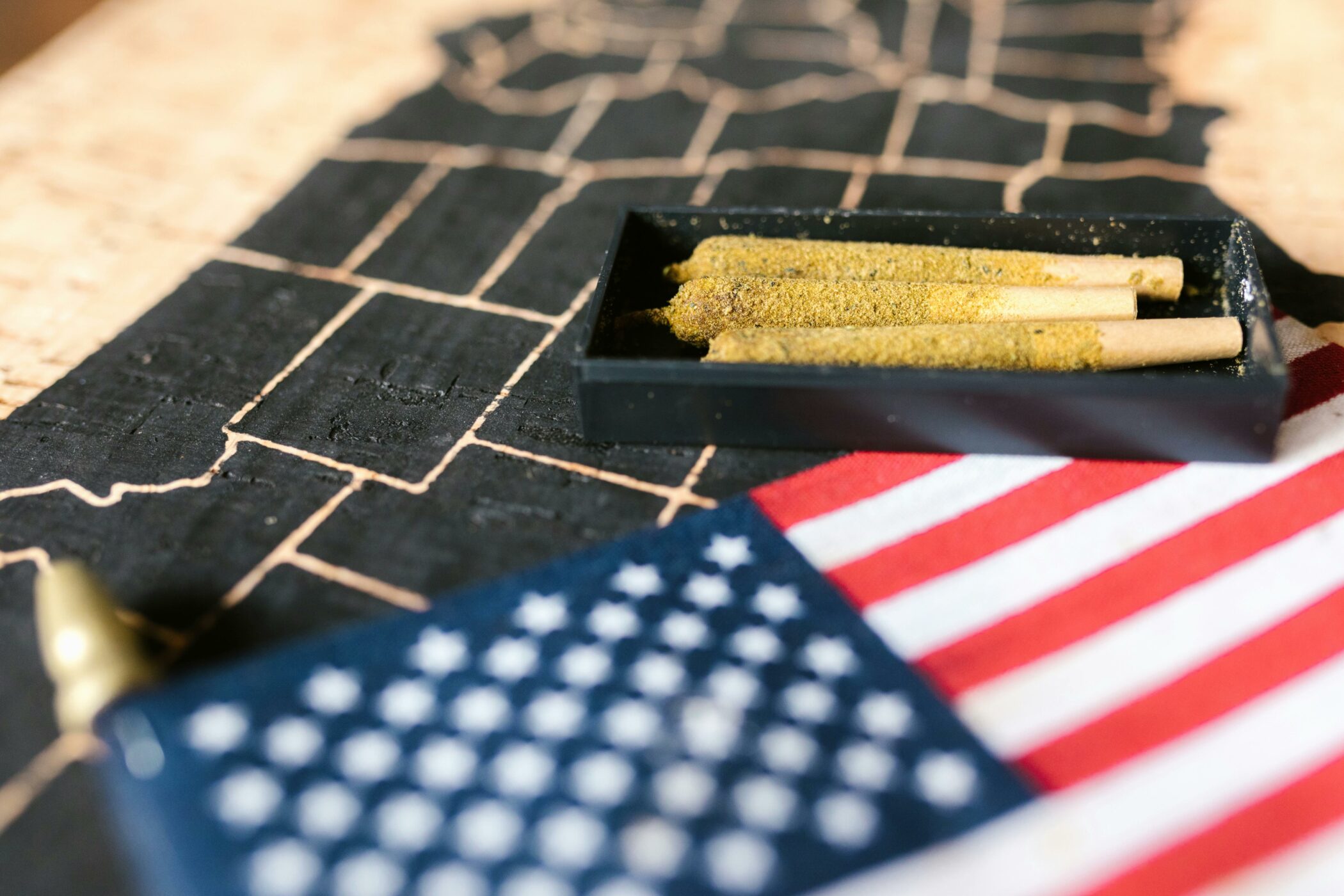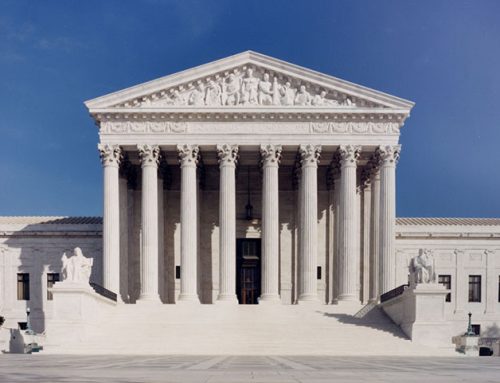What U.S. Employers Need to Know About Evolving Cannabis and Psychedelics Policies
LOS ANGELES- The November 5, 2024, elections have brought significant changes to state-level drug laws, requiring employers to reevaluate workplace policies, especially around cannabis and psychedelics. Key developments in Nebraska, Florida, North Dakota, South Dakota, and Massachusetts reflect the nation’s shifting but divided stance on drug legalization.
Nebraska: A Step Forward for Medical Cannabis
Nebraska voters passed two medical cannabis initiatives, Initiative Measures 437 and 438, with over 70% support. Initiative 437 permits patients with a medical recommendation to possess up to five ounces of cannabis, while Initiative 438 creates the Nebraska Medical Cannabis Commission to oversee regulation.
Despite voter approval, the initiatives face legal challenges. Opponents, including Nebraska Secretary of State Bob Evnen, argue the petition signatures securing the measures were invalid. A ruling by Lancaster County District Judge Susan Strong is expected soon, with potential appeals to the Nebraska Supreme Court. Until resolved, the legal status of medical cannabis in Nebraska remains uncertain.
Employers in Nebraska should prepare for potential changes to workplace policies. While federal law under the Americans with Disabilities Act (ADA) does not mandate accommodations for cannabis use, employers must consider state-specific protections for registered medical users if the measures withstand legal scrutiny. Clearly defining policies around cannabis use, particularly for safety-sensitive roles, will mitigate risks of legal disputes.
Recreational Cannabis Rejected in Florida, North Dakota, and South Dakota
Proposals to legalize recreational cannabis in Florida, North Dakota, and South Dakota were rejected. Florida’s measure, which garnered nearly 56% support, fell short of the 60% threshold for constitutional amendments.
For employers in these states, the status quo prevails—current drug-free workplace policies remain enforceable. However, the narrow margin in Florida suggests growing support for recreational legalization, signaling potential future initiatives. Employers, especially in safety-sensitive industries, should continue monitoring legislative developments.
Massachusetts Rejects Psychedelics Legalization
In Massachusetts, a measure to legalize certain natural psychedelics, including psilocybin and mescaline, failed. The initiative sought to allow adults over 21 to grow, possess, and use these substances, which are gaining attention for their potential mental health benefits.
While psychedelics remain illegal in Massachusetts, decriminalization efforts across the U.S. could eventually influence workplace policies. Employers should stay informed about regulatory trends, as these substances may present unique challenges for drug testing and workplace safety standards.
Implications for Employers
The election results underscore the fragmented legal landscape of cannabis and psychedelics in the U.S. With 38 states allowing medical cannabis and 24 states plus Washington, D.C., permitting recreational use, employers operating in multiple jurisdictions face complex compliance challenges.



































